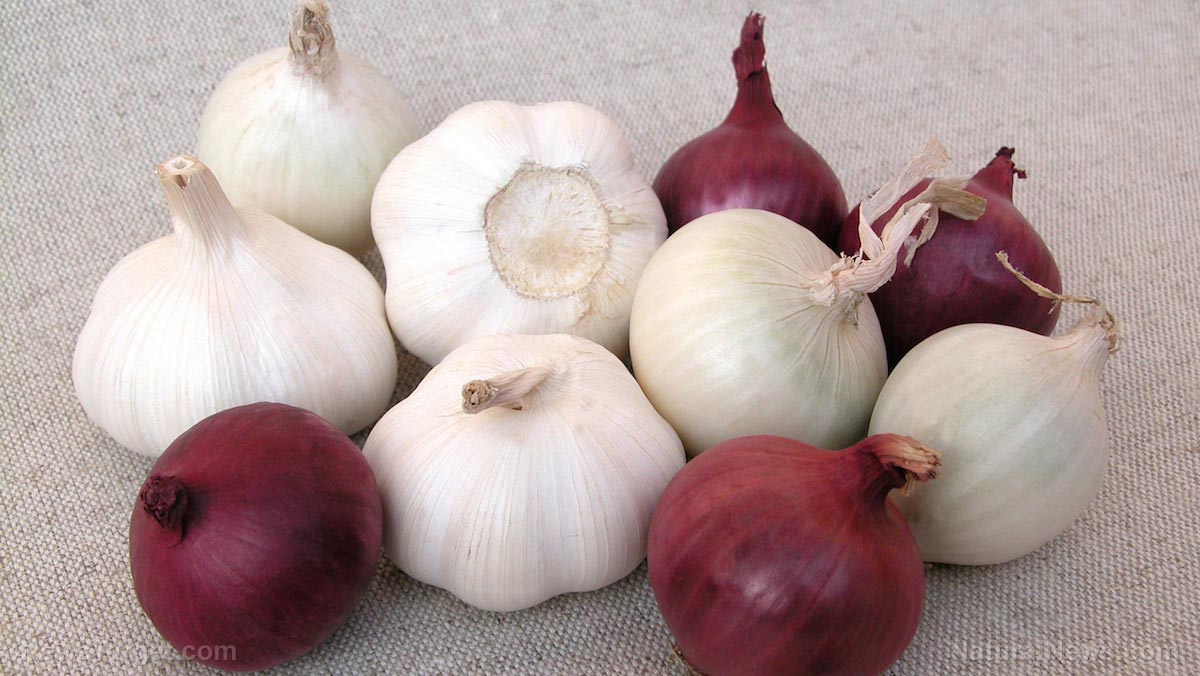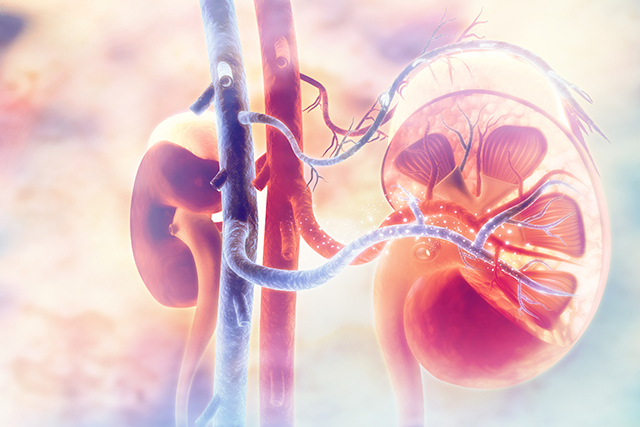How can a plant-based diet help diabetics? Study explains
07/29/2020 / By Virgilio Marin

A study published in the journal Nutrients found that a plant-based diet can restore the function of beta cells, which are important for insulin production and healthy blood glucose levels.
According to the researchers, modern medicine only slightly slows down the decline of beta-cell function in people with Type 2 diabetes. The study, on the other hand, showed that a plant-based diet can reverse the process and improve the function of beta cells.
“This finding gives hope to many people suffering from diabetes, but also to those who are at [a] high risk of developing diabetes in the future,” said Dr. Hana Kahleova, one of the authors of the study.
Plant-based diet improves beta cell function
Overweight people are particularly predisposed to Type 2 diabetes. Even without the disease, they tend to suffer from insulin resistance, which puts undue pressure on beta cells to produce insulin. When beta cells get worn out, the body is left to deal with the consequences of glucose intolerance.
Scientists estimate that about 50 percent of a body’s beta cells are dead by the time Type 2 diabetes is diagnosed. Hence, it is important to preserve beta cell function before the onset of diabetes.
For their study, Kahleova and her colleagues followed 75 overweight and obese adults with a median age of 53 to investigate the effect of a plant-based diet on beta cell function before the onset of diabetes. The body mass indices (BMI) of the participants ranged from 28 to 40 kg/m2, which puts them at high risk of Type 2 diabetes.
The researchers divided the participants into two groups, and for 16 weeks, one group had to eat a low-fat vegan diet while the other group continued to eat their normal diet. Calorie intake was not restricted in either group. Using a mathematical model, the researchers quantified beta cell function at baseline and after the intervention.
After analyzing blood samples taken from the participants at designated times, the researchers found that the beta cell glucose sensitivity of the vegan group increased by 65.5 percent. This led to a marked increase in meal-stimulated insulin secretion compared to the other group.
According to the researchers, a diet rich in plant-based foods and low in animal products helps reduce oxidative stress and inflammation. This may explain the improvements observed in the vegan group.
The researchers also noted that the vegan group experienced a decrease in insulin resistance, which was related to loss of abdominal fat. Meanwhile, the changes in the vegan group’s glucose-induced insulin secretion correlated with changes in their BMI.
“Our results are in accordance with a recent paper showing that metabolic crosstalk of fatty liver with pancreatic islets may contribute to obesity-related impairment of beta-cell glucose-sensitivity,” the researchers wrote in their paper.
“In this context, it seems plausible that a low-fat vegan diet in our study decreased hepatic insulin resistance and led to a subsequent improvement in beta-cell function.”
Other benefits of a plant-based diet
Aside from diabetes, a plant-based diet can also reduce the risk of other chronic diseases, such as cancer.
According to multiple studies, people who follow a vegetarian diet have lower risks of colorectal and gastrointestinal cancer than those who don’t. Pescatarians, or vegetarians who eat fish, have also been found to have a 43 percent lower risk of colorectal cancer than non-vegetarians.
In addition to cancer, a plant-based diet can also slow down cognitive decline and the progression of Alzheimer’s disease. This is due to the high amounts of antioxidants and neuroprotective compounds in fruits and vegetables, which have beneficial effects on cognitive health.
Research also suggests that plant-based diets can support heart and gut health. For instance, fruits, vegetables and nuts are heart-healthy foods. They can help reduce the risk of heart disease by lowering blood cholesterol and blood pressure. These plant-based foods are also packed with nutrients, such as vitamins, minerals and fiber. Fiber, in particular, is important for a healthy gut, as good bacteria depend on it for sustenance.
With the various benefits offered by a plant-based diet, eating more fruits and vegetables and cutting back on unhealthy processed foods are effective ways to minimize your risk of chronic disease.
Learn more about the benefits of healthy eating at Fasting.news.
Sources include:
Tagged Under: alternative medicine, anti-diabetes, disease treatments, food cures, food is medicine, functional foods, natural cures, natural medicine, plant-based diet, prevent diabetes, remedies, research, vegan diet, vegetarian diet
RECENT NEWS & ARTICLES
COPYRIGHT © 2017 NATURAL CURES NEWS




















